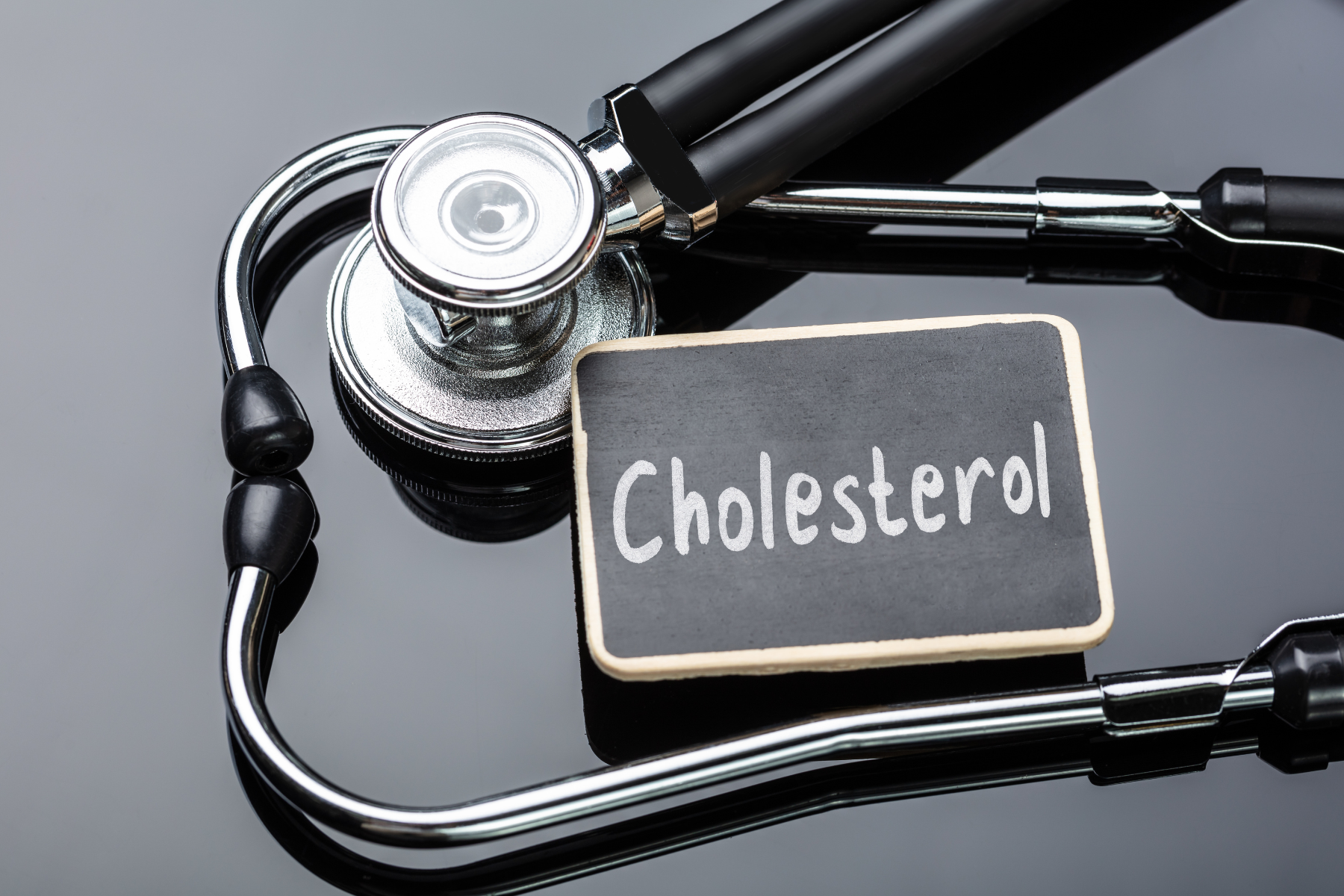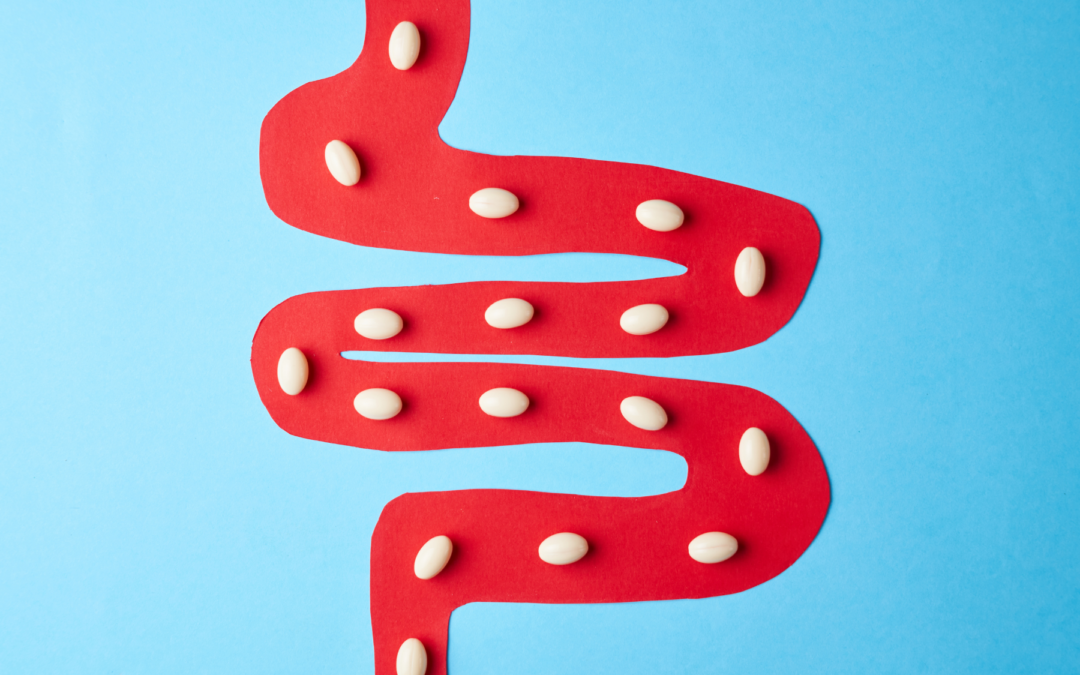Have you heard that eggs have too much cholesterol and that you should stay away or limit them? For years that has been a major piece of advice given to people who want to improve their heart health.
But is it still true? New research suggests otherwise. Historically, it was believed that dietary cholesterol directly influenced blood cholesterol levels, with higher intake of dietary cholesterol leading to higher levels of LDL (low-density lipoprotein) cholesterol, AKA the “bad” cholesterol.
However, recent research has suggested that the impact of dietary cholesterol on blood cholesterol levels might not be as significant as once thought, especially when compared to other dietary and lifestyle factors.
What is Cholesterol?
There are a few types of cholesterol that will be examined to monitor your risk for heart disease.
HDL Cholesterol
HDL cholesterol stands for High-Density Lipoprotein cholesterol. It is a type of lipoprotein—a combination of fat and protein—that carries cholesterol away from the arteries and transports it to the liver for processing and elimination from the body. Unlike low-density lipoprotein (LDL) cholesterol, which can contribute to plaque buildup in arteries, high levels of HDL cholesterol are associated with a lower risk of heart disease.
HDL cholesterol plays a critical role in maintaining cardiovascular health. Its main functions include:
Anti-Inflammatory Effects: HDL also possesses anti-inflammatory properties, which are crucial in reducing inflammation within blood vessels. Inflammation can contribute to the development of atherosclerosis, a condition characterized by the buildup of fatty deposits on artery walls.
Antioxidant Activity: HDL cholesterol exhibits antioxidant abilities, helping to counteract oxidative stress. Oxidative stress can damage blood vessels and contribute to the progression of cardiovascular diseases.
Endothelial Function: HDL promotes healthy endothelial function—the function of the cells lining blood vessel walls. This function is essential for maintaining proper blood flow and preventing clot formation.
LDL Cholesterol
LDL cholesterol stands for Low-Density Lipoprotein cholesterol. It is responsible for carrying cholesterol from the liver to various cells throughout the body. While cholesterol is essential for various bodily functions, having excessively high levels of LDL cholesterol can contribute to the development of atherosclerosis, a condition characterized by the buildup of fatty deposits in arteries.
How does LDL cholesterol impact cardiovascular health?
Atherosclerosis Formation: High levels of LDL cholesterol in the bloodstream can lead to the accumulation of cholesterol and other substances on artery walls. This buildup forms plaques, which can narrow and harden arteries, restricting blood flow and potentially leading to heart attacks and strokes.
Inflammation and Oxidation: LDL cholesterol can become oxidized, contributing to inflammation and damage to arterial walls. Oxidized LDL cholesterol is more likely to trigger the development of atherosclerosis.
Endothelial Dysfunction: Elevated LDL cholesterol can impair the function of endothelial cells that line blood vessels, compromising their ability to regulate blood flow and maintain vascular health. Quite the opposite of what HDL cholesterol would do.
Triglycerides
Triglycerides are a type of fat found in the bloodstream and stored in fat cells (adipocytes) throughout the body. They are the most common form of dietary fat and serve as an essential energy source for our body.
Triglycerides store excess calories from the food we eat. When the body requires energy between meals, it breaks down these stored triglycerides, releasing energy to meet its needs.
The triglycerides stored beneath the skin, provide insulation against temperature changes and offer a cushioning layer that protects vital organs.
Triglycerides are also involved in the production and regulation of hormones, including sex hormones. Maintaining balanced triglyceride levels is essential for optimal hormone function.
Where Does Dietary Cholesterol Come From?
The most common sources of dietary cholesterol are eggs, fatty fish like salmon, shellfish, meat, dairy, butter, margarine, fried foods, fast food, processed meats, and desserts.
Not all cholesterol-containing foods are created equal as some are better for us than others. Take salmon compared to fried chicken. While salmon contains cholesterol, it is also a rich source of omega-3s. Since the chicken is fried, it will contain more trans fats than if it were baked. While it is still a good source of protein, trans fats can contribute to a rise in our blood cholesterol levels.
Sources of food that increase our HDL include foods like olive oil, avocados, and nuts (e.g., almonds, pistachios, and walnuts) are rich in monounsaturated fats, which can contribute to raising HDL levels. Polyunsaturated Fats also raise HDL cholesterol and these include fatty fish (e.g., salmon, mackerel, sardines), flaxseeds, chia seeds, and walnuts. These foods contain omega-3 fatty acids, which are known to have positive effects on HDL cholesterol. Fiber-rich foods from whole grains, fruits, vegetables, and legumes also help raise HDL cholesterol.
LDL-raising sources include saturated and trans fats found in meats, processed meats, full-fat dairy, and partially hydrogenated oils used in processed and fried foods. Deep-fried items and fast food, as well as processed snacks and baked goods, can contain unhealthy fats and refined carbs can raise LDL cholesterol. Commercially produced baked goods often contain unhealthy fats, refined flour, and added sugars that impact LDL cholesterol. Diets high in refined sugars and carbs can lead to insulin resistance and unfavorable changes in cholesterol.
Foods that raise triglycerides are saturated and trans fats found in red meat, full-fat dairy products, and processed foods. Excess carbohydrates that the body doesn’t immediately use for energy can be converted into triglycerides and stored as fat. Unsaturated fats help keep our triglycerides at a healthy level.
Factors influencing the relationship between dietary cholesterol and blood cholesterol:
Genetics
Our genetics influence how much our body responds to dietary cholesterol. Specifically, they impact how well our body can actually remove LDL cholesterol from the blood. In familial hypocholesterolemia, a protein called the LDL receptor does not do its job of removing LDL or “bad” cholesterol. This means dietary and lifestyle changes can help improve cholesterol, but sometimes statins may be necessary.
Cholesterol Absorption
Dietary cholesterol does impact our blood cholesterol, but typically only for a short period after consuming it, and then levels return to normal. Because our bodies produce all of the cholesterol they need, the amount of dietary cholesterol we consume will impact the amount of cholesterol our bodies produce. That means if we start eating less of it, our bodies will produce more, and vice versa. This is true for most people.
Some people, classified as “hyperresponders” do not have the same response. For them, the dietary cholesterol they consume does have a direct impact on their blood cholesterol. It leads to a rise in both their LDL and HDL cholesterol but does not necessarily impact their risk for heart disease.
How Can I Improve My Blood Cholesterol?
- Opt for a greater intake of unsaturated fats. Replace saturated fats (found in red meat, and full-fat dairy) with healthy fats as mentioned above. Reduce consumption of saturated and trans fats to help minimize the risk of having high LDL levels.
- Prioritize fiber-rich foods by eating more whole grains like oats, brown rice, quinoa, and whole wheat over refined grains. Increasing your fruit and vegetable intake also helps boost your fiber intake. Certain fruits and veggies are high in soluble fiber, which helps lower LDL cholesterol levels.
- Opt for lean protein sources like skinless poultry, fish, legumes, tofu, and low-fat dairy rather than fried or fatty cuts of meat.
- Eating more fatty fish such as salmon, mackerel, and sardines that are rich in omega-3 fatty acids can help raise HDL cholesterol and lower triglycerides.
- Engaging in regular aerobic exercises like walking, jogging, swimming, or cycling to improve heart health and manage cholesterol levels. Try aiming for at least 30 minutes a day or 150 minutes per week.
- Losing even a modest amount of weight (5-10% of body weight) can positively impact cholesterol levels.
- If you consume alcohol, do so in moderation, as excessive alcohol intake can negatively affect cholesterol levels.
- If you smoke, consider stopping or cutting back as smoking lowers HDL cholesterol and damages blood vessels, increasing the risk of heart disease.
- Have an outlet for stress relief. Chronic stress can impact cholesterol levels. Practice stress-reduction techniques like meditation, deep breathing, and yoga.
- In some cases, lifestyle changes alone may not be sufficient. Your doctor may prescribe medication to help manage cholesterol levels.







